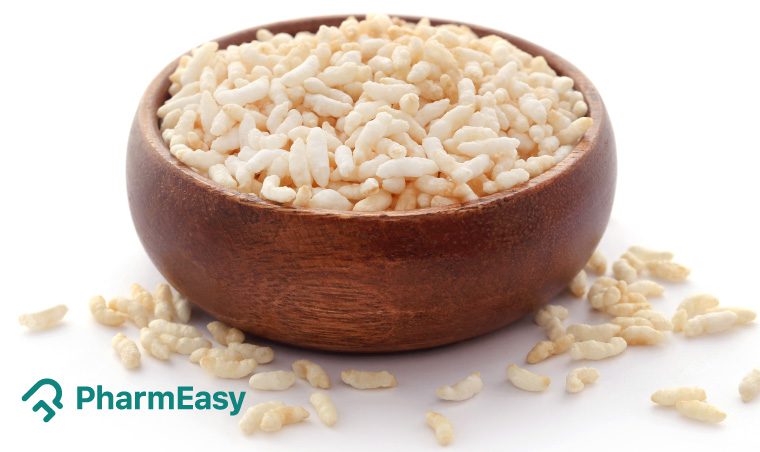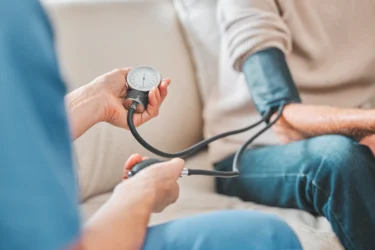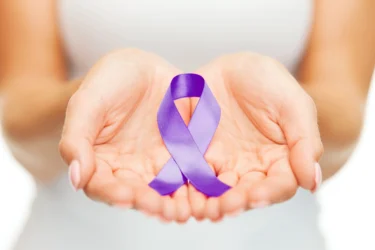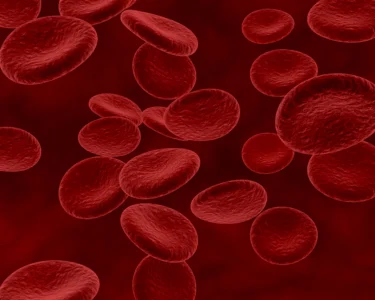Puffed Rice: Uses, Benefits, Side Effects By Dr. Rajeev Singh
By Dr Rajeev Singh +2 more

Get,

to manage your symptom
Get your,


4 Cr+ families
benefitted

OTP sent to 9988776655



You’ve successfully subscribed to receive
doctor-approved tips on
Whatsapp

Get ready to feel your best.

Hi There,
Download the PharmEasy App now!!


Register to Avail the Offer
Send OTPBy continuing, you agree with our Privacy Policy and Terms and Conditions

Hi There,
Sign up on PharmEasy now!!
Trusted by 4 crore+ families

OTP sent to 9988776655



You have unlocked 25% off on medicines




Code: NU25
By Dr Rajeev Singh +2 more
Table of Contents
We have always greatly enjoyed while having puffed rice as chaat on Indian streets but never realised that it could also have some health benefits. Puffed rice is one of the staple foods in India, commonly called as murmura, muri, and parmal. One can endlessly munch upon puffed rice while binge-watching an OTT show. Moreover, its crunchy texture makes it a popular option for healthy snacks and it is a quick alternative if unexpected guests show up. In India, puffed rice is often offered as a prasad in religious places.
Rice is one of the essential crops in Asian countries and puffed rice is made from rice in the presence of high pressure, heat and steam. Various methods of puffing include hot air popping, dry heat, sand and salt treated, popping in hot oil, gun puffing and microwave heating. Let us discuss, some astonishing health benefits of eating puffed rice1.

The amount of nutrients present in 14g of puffed rice is given below:
The properties of puffed rice are given below:
Some of the puffed rice health benefits are given below:

High sodium levels can elevate blood pressure but the sodium levels in puffed rice are relatively low. Therefore, it may be a good addition as a snack for individuals suffering from high blood pressure or hypertension1. Further studies are required to assess the effect of puffed rice on high blood pressure. You must check your blood pressure regularly and consult your general physician in case of high blood pressure.

Puffed rice contains insoluble fibres and may help in protecting against cancerous cells. These insoluble fibres pass quickly through the colon region which flushes cancer-causing compounds from the body. Thus, regular consumption of puffed rice may reduce the risk of colon cancer.
Further investigation to check the effect of puffed rice on the cancer is required and you should consult your doctor for the same.

Puffed rice is a rich source of carbohydrates and it generates energy slowly, leading to a steady level of energy. The carbohydrates in puffed rice may serve as fuel to the body and help in the smooth functioning of the brain1. However, further studies on animals and humans are required to check whether puffed rice is as safe and effective as it appears in these studies.

There is a possibility that puffed rice is good for weight loss. Puffed rice can form an essential part of a balanced diet. In addition, it does not contain harmful fats; therefore, it may be beneficial for weight loss1. You must consult a nutritionist for further assistance in diet changes and weight management.

Puffed rice contains the niacin, vitamin D, calcium, fibre, iron, thiamine and riboflavin. Therefore, regular consumption of puffed rice may overcome vitamin deficiency1. However, further studies on humans and animals are required to check the efficiency of puffed rice in case of vitamin deficiency. Suppose you are diagnosed with a vitamin deficiency; you must consult your doctor and take relevant supplements instead of self-medicating.

Cholesterol levels in puffed rice are low and it is practically of all harmful fats. For these reasons, puffed rice may be included in the diet of people with high cholesterol levels1. Further studies are required to check how puffed rice can be helpful in case of high cholesterol in patients. You must check your cholesterol and consult your doctor to undergo proper treatment instead of self-medicating.
Though studies show the benefits of puffed rice in various conditions, these are insufficient, and there is a need for further studies to establish the true extent of the benefits of puffed rice on human health.
Puffed rice is highly nutritious and packed with many macros and micronutrients. Puffed rice can be fortified with dietary fibre, protein, zinc, iron and vitamins A and C. Consuming fortified puffed rice in moderation can aid in your overall health2.
Dr. Siddharth Gupta, B.A.M.S, M.D (Ayu)
Puffed rice is readily available in packets in local stores and can be munched upon as it is or included in our daily diet. It is used in the preparation of Indian chaat foods like bhel puri, poha and a sweet dish like murmura laddu. Jalmuri is prepared by tossing onion, tomato, cucumber, green chillies and peanuts in the puffed rice. Masala and mustard oil are added to the same to enhance the flavour.
You must consult a qualified doctor before taking any puffed rice in large quantity. Likewise, do not discontinue or replace an ongoing modern medical treatment with an ayurvedic/herbal preparation without consulting a qualified doctor.
A bowl of ready-to-eat puffed rice (one cup) contains 77% of calories, 96% of carbohydrates, 58% of proteins and 32% of fats1.
Dr. Rajeev Singh, BAMS
Puffed rice, has no specific side effects and as yet no reactions have been noticed on using it. However, seek immediate medical attention if you experience any side effects. Consult your ayurvedic physician who has prescribed it to you; they will be able to identify the cause and treat it effectively.
Also Read: Suji (Semolina): Uses, Benefits, Side Effects By Dr. Rajeev Singh
Puffed rice is one of the staple foods and a common ingredient in the regular diet. General precautions should be taken while having puffed rice if you are taking other general medicine. Pregnant women, lactating mothers should take special care. You must consult your doctor before having puffed rice. Precautions should be taken before giving puffed rice to the elderly or childre,n and you must have puffed rice only if your doctor prescribes it.
Also Read: Black Rice: Uses, Benefits, Side Effects By Dr. Rajeev Singh
There is not enough evidence on the interaction of puffed rice with other drugs. Further studies on the interaction of puffed rice are required. Therefore, you must consult your doctor if you are on any other medication before consuming puffed rice in larger than usual quantities.
Puffed rice may be used in case of high blood pressure, for weight management, to reduce the risk of cancer, for vitamin deficiency, in diet for individuals with high cholesterol levels and as an energy source. However, there is need for large scale human studies to confirm these benefits.
Yes, puffed rice may be used for weight loss since it does not contain harmful fats. However, its best you consult your dietitian for the same.
Puffed rice, a natural preparation, has no specific side effects. However, if any reaction is noticed on eating it, seek immediate medical attention. Consult your ayurvedic physician who has prescribed it to you; they will be able to identify the cause and treat it effectively.
Puffed rice is rich in carbohydrates and acts as an energy source. Along with that it contains insoluble fibres, proteins, calcium, vitamins, iron and potassium1.
No, there are no studies that suggest the use of puffed rice for headaches.
1. Cereals ready-to-eat, fortified, puffed, rice nutrition facts and analysis. [Internet]. [cited 2022 Aug 17]. Available from: https://www.nutritionvalue.org/Cereals_ready-to-eat%2C_fortified%2C_puffed%2C_rice_nutritional_value.html
2. Micronutrient and Protein-Fortified Whole Grain Puffed Rice Made by Supercritical Fluid Extrusion. J Agric Food Chem. 2013;61(35):8257-8263. doi: 10.1021/jf3034804. Available from: https://pubs.acs.org/doi/10.1021/jf3034804
Disclaimer: The information provided here is for educational/awareness purposes only and is not intended to be a substitute for medical treatment by a healthcare professional and should not be relied upon to diagnose or treat any medical condition. The reader should consult a registered medical practitioner to determine the appropriateness of the information and before consuming any medication. PharmEasy does not provide any guarantee or warranty (express or implied) regarding the accuracy, adequacy, completeness, legality, reliability or usefulness of the information; and disclaims any liability arising thereof.
Links and product recommendations in the information provided here are advertisements of third-party products available on the website. PharmEasy does not make any representation on the accuracy or suitability of such products/services. Advertisements do not influence the editorial decisions or content. The information in this blog is subject to change without notice. The authors and administrators reserve the right to modify, add, or remove content without notification. It is your responsibility to review this disclaimer regularly for any changes.
Comments

Leave your comment...
You may also like
Comments